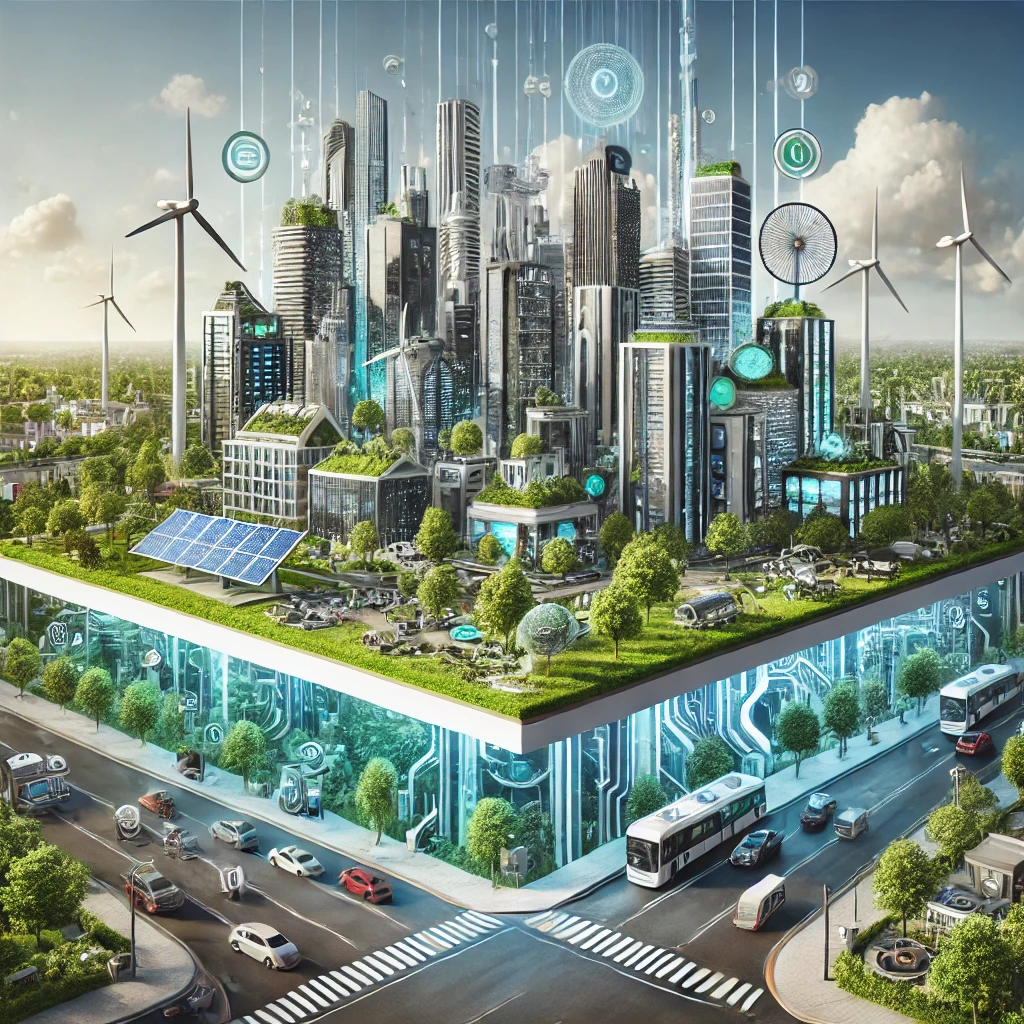Are smart cities sustainable?
Article Source: Sustainability in Smart Cities

Why You Should Care
Smart cities are designed to improve the quality of life by using technology to manage resources efficiently. Understanding whether these cities are sustainable is crucial because it affects how future urban areas will be planned and developed. Sustainable smart cities could reduce pollution, save energy, and create healthier environments for millions of people.
Answering the Question… Are Smart Cities Sustainable?
From a researcher's perspective, smart cities can be sustainable, but it depends on how they are implemented. The study found that while smart cities can reduce energy consumption by up to 20%, they also face challenges such as high initial costs and the need for continuous technological updates. Cities like Singapore and Barcelona have seen significant improvements in sustainability, with reductions in CO2 emissions by over 10% through smart infrastructure.
How Was the Study Done?
The researchers analyzed data from various smart city initiatives worldwide, focusing on energy use, transportation, and waste management. They compared traditional city models with smart cities to evaluate the effectiveness of smart technologies in promoting sustainability. The study also included surveys and interviews with urban planners and residents to gauge the social and economic impact of these technologies.
What Was Discovered?
- Energy Efficiency: Smart cities can reduce energy consumption by 15-20% through smart grids and energy-efficient buildings. For example, in Los Angeles, the implementation of smart lighting systems has led to a 40% reduction in energy use for street lighting. This not only reduces the city's overall energy consumption but also significantly lowers costs.
- Transportation Improvements: The integration of smart transportation systems, such as real-time traffic monitoring and adaptive traffic lights in cities like Copenhagen, has resulted in a 30% reduction in traffic congestion. This decrease has directly contributed to a 25% reduction in carbon emissions, improving air quality and reducing the urban heat island effect.
- Waste Management Advances: Some smart cities, like Seoul, have adopted smart waste management systems that use sensors to optimize waste collection routes. This has led to a 25% reduction in waste collection costs and a 20% increase in recycling rates. The use of smart bins, which notify waste management services when they are full, has also minimized overflow issues, leading to cleaner public spaces.
- Economic Impact: The initial setup of smart cities can be expensive, with costs reaching billions of dollars. For instance, the Songdo International Business District in South Korea had an estimated development cost of over $40 billion. However, these costs are offset by long-term savings; smart energy management alone could save cities up to 30% in energy costs annually. The return on investment in smart infrastructure is seen within 5-10 years in most cases.
- Social Benefits: The study found that residents of smart cities reported a 20% increase in overall satisfaction with city services, including public transportation, safety, and waste management. This satisfaction is linked to the efficiency and responsiveness of smart technologies that directly improve daily living conditions.
Why Does It Matter?
The sustainability of smart cities matters because it influences the future of urban living. If smart cities can successfully balance technological innovation with environmental responsibility, they can serve as models for cities worldwide, leading to greener, more efficient, and more livable urban environments. The findings suggest that while challenges exist, the potential benefits of smart cities make them a promising path forward.
Link to full article: Sustainability in Smart Cities
